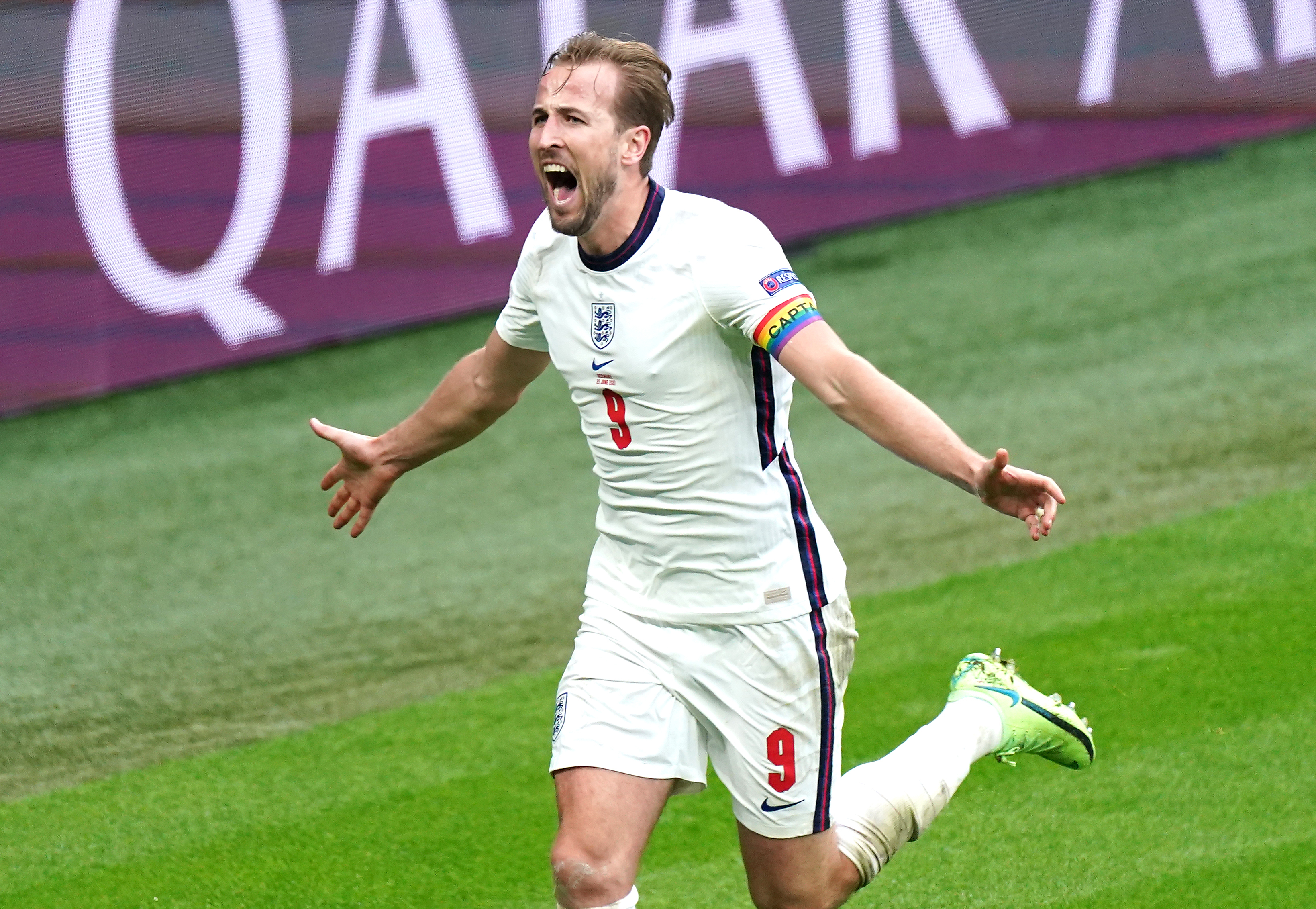Lower league clubs help England’s quest for glory, says Leyton Orient chief

The country could miss out on future moments of England glory if the clubs who help to develop national team stars like Harry Kane are not looked after, a club chief executive has warned.
Tottenham forward Kane spent half a season on loan at Leyton Orient in 2011 as a 17-year-old, and the League Two club are one of 10 who have signed up to be part of the Fair Game movement which is lobbying for an independent regulator.
The group presented a report to MPs across the political spectrum at the House of Commons on Thursday outlining its blueprint to reform the running of the game, highlighting how the demise of clubs like Bury and Macclesfield demonstrate that the current regulation model is not fit for purpose.
The report recommends the fairer distribution of revenue within and between leagues, in part through the scrapping of parachute payments, the introduction of salary caps and relegation clauses in contracts, a more robust owners’ and directors’ test and better protection of clubs’ ‘crown jewels’ assets such as name, badge and colours from owners who may seek to change them.
Fair Game goes to Parliament to launch Solutions for Our National Game https://t.co/KdJcHewu0v— Fair Game (@FairGameUK) July 1, 2021
The group says it is in discussion with dozens of additional clubs who are interested in joining, and insists there are benefits right the way to the top of the English game.
Orient chief executive Danny Macklin said: “Harry Kane could be lifting (the European Championship) trophy in a couple of Sundays’ time. He is just one of the England squad that enjoyed playing at the lower levels, we had him on loan back in 2011.
“If we don’t look after our clubs, our community assets and provide a platform for sustainable football, we might not have those moments to enjoy as a club and as a country in the years to come.”
The best features, fun and footballing quizzes, straight to your inbox every week.
The Fair Game report highlights that a club relegated from the Premier League last season such as Fulham is projected to receive £46.75million in parachute payments in 2021-22, more than all 48 clubs in Leagues One and Two will receive via solidarity payments.
While what is proposed may not look appetising to clubs in the Premier League or with aspirations to reach it, Newport chairman Gavin Foxall said: “This is the Premier League investing in its supply chain. If they took a longer view on it, it is something that they would get a return on.”
The group has presented its proposals to Tracey Crouch, the Conservative MP who is chairing the fan-led review into football governance which was commissioned by the Government in April.
Crouch is expected to make her recommendations in the autumn, and within the scope of the review is whether or not football needs an independent regulator.
Cambridge chairman Ian Mather believes such a regulator, “with real teeth”, is essential in football.
“Only an independent regulator can affect issues such as player pay,” he told MPs.
“Without an independent regulator vested interests will always get in the way.
“Frequently in contracts, there’s a clause which says, if you get promoted to get more money, it doesn’t work the other way around. It’s a one-way ratchet.
“So why don’t we change that? Why not just simply have relegation clauses?Well the answer is simple – nobody will move first.
“Premier League clubs will not put relegation clauses in that contract because they don’t want to be the first ones to do it.
“If they do it, the player might go to the next club that doesn’t have a relegation clause. So we need somebody to impose that change, that means an independent regulator.
“I could go through all of the proposed reforms you’re going to hear. And for each one, there’ll be a voice in the football community that can, and will, say no.”
The fan-led review of football will seek to make recommendations on how the governance of the game can be improved, putting fans’ interests and experiences first. @HuddlestonNigel | @Tracey_Crouchhttps://t.co/YxHZ4eVzqWpic.twitter.com/MpRPNJ5seK— DCMS (@DCMS) April 23, 2021
He described the lack of updates around the Premier League’s strategic review, which came into focus when the controversial ‘Project Big Picture’ plans were leaked last October, as evidence of the existing football authorities continuing to “kick the can down the road” when it comes to meaningful reform.
The group rejects the idea of a reformed Football Association fulfilling the regulator role, stating in its new report that “it is not independent, as it is in direct competition with the professional leagues for sponsorship and national team players’ time” and that it is a “commercial actor” in the game.
Fair Game currently consists of Luton in the Championship, Accrington, AFC Wimbledon, Cambridge and Lincoln in League One and Bristol Rovers, Carlisle, Leyton Orient, Newport and Tranmere in League Two, along with a further eight clubs from lower down the pyramid.
 Join The Club
Join The Club





